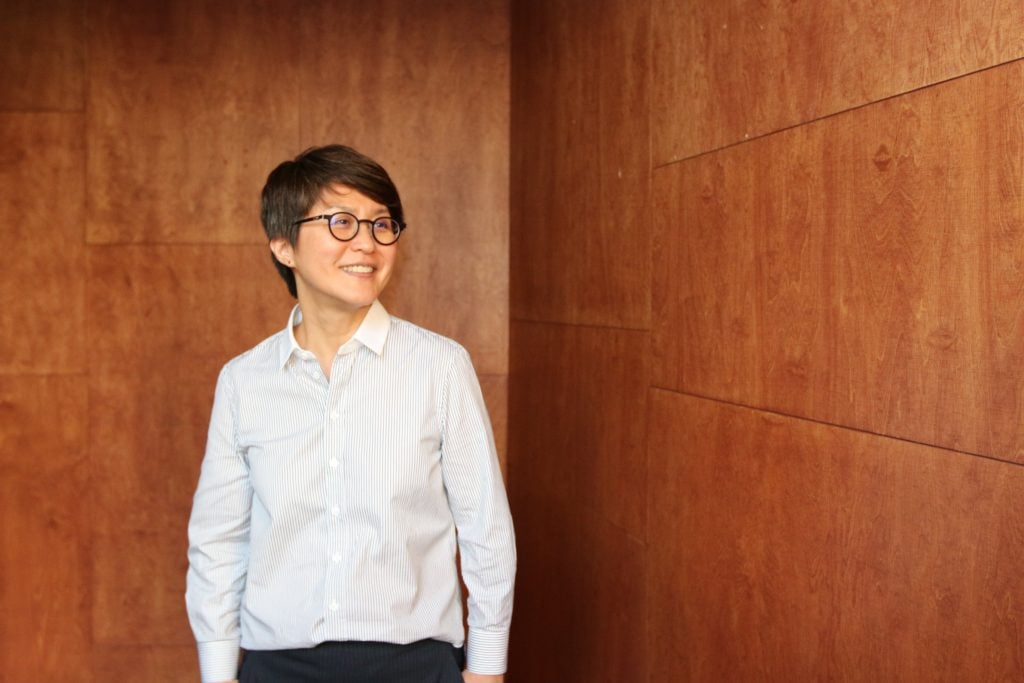Politics
City Officials Are Conducting an Audit of the Gwangju Biennale Following Allegations of Worker Mistreatment
The foundation's president has described the allegations as “unfounded claims and factual distortions.”

The foundation's president has described the allegations as “unfounded claims and factual distortions.”

Artnet News

The Gwangju Biennale, one of Asia’s most high-profile art exhibitions, has become engulfed in controversy following the tumultuous departure of its leader amid allegations of employee mistreatment.
Sunjung Kim, president of the foundation behind the Gwangju Biennale, will step down from the position this month after Gwangju city officials declined to renew her contract. The news, first announced in late May, came amid allegations from the biennial’s labor union that Kim had verbally abused and unfairly fired employees.
Now, Kim is speaking out against the union’s claims. According to ArtAsiaPacific, which first reported the news, the former biennale president released a statement on Thursday that referred to the allegations as “unfounded claims and factual distortions.” She described her tenure as one in which she implemented “long overdue systematic changes.”
“I have tried my best to oversee the administrative process and organizational structure of the foundation with fairness and due responsibility,” Kim said. “I also did not hesitate to reform outdated practices where necessary.”
Gwangju’s Ministry of Culture, Sports, and Tourism, as well as the South Korean Ministry of Employment and Labor, are currently conducting an audit of the foundation and the allegations put forth by the union, including privatization and the unfair dismissal of management-level staff. Kim said the foundation is cooperating fully with the investigation.
The Gwangju Biennale Foundation did not immediately respond to Artnet News’s request for comment.
In May, a representative from the Gwangju Biennale Labor Union told Korean newspaper Jeonnam Ilbo that the staff had suffered from “the president’s lack of leadership, the lack of principles and transparency in operations, as well as the abandonment of duty and abuse of authority by the head of the HR team.”
The union’s former chairman, who also served as head of the biennial’s exhibition team, resigned on May 1 after claiming he was harassed for speaking out against Kim. Another union member departed on May 5 for the same reason.
The biennale’s union has filed two complaints with Gwangju’s Anti-Corruption and Civil Rights Commission and the National Human Rights Commission of Korea, according to Art Asia Pacific—one about the mistreatment of staff and another about alleged retaliation against those who complained.
Kim was appointed president of the biennale in 2017, five years after serving as co-curator of the ninth edition of the event in 2012. As president, she served as chief curator of the 2018 Gwangju Biennale and played a part in organizing the (delayed) 2020 edition, which sought to break new ground amid the international lockdown. The next iteration is due to open in September 2022.
The foundation said last month that it would convene a committee to search for a new head. In a statement to the South Korean news agency Newsis, the Gwangju’s minister of Culture, Sports and Tourism Kim Jun-young said the process of appointing a new foundation president “will be done transparently, fairly, and objectively.”